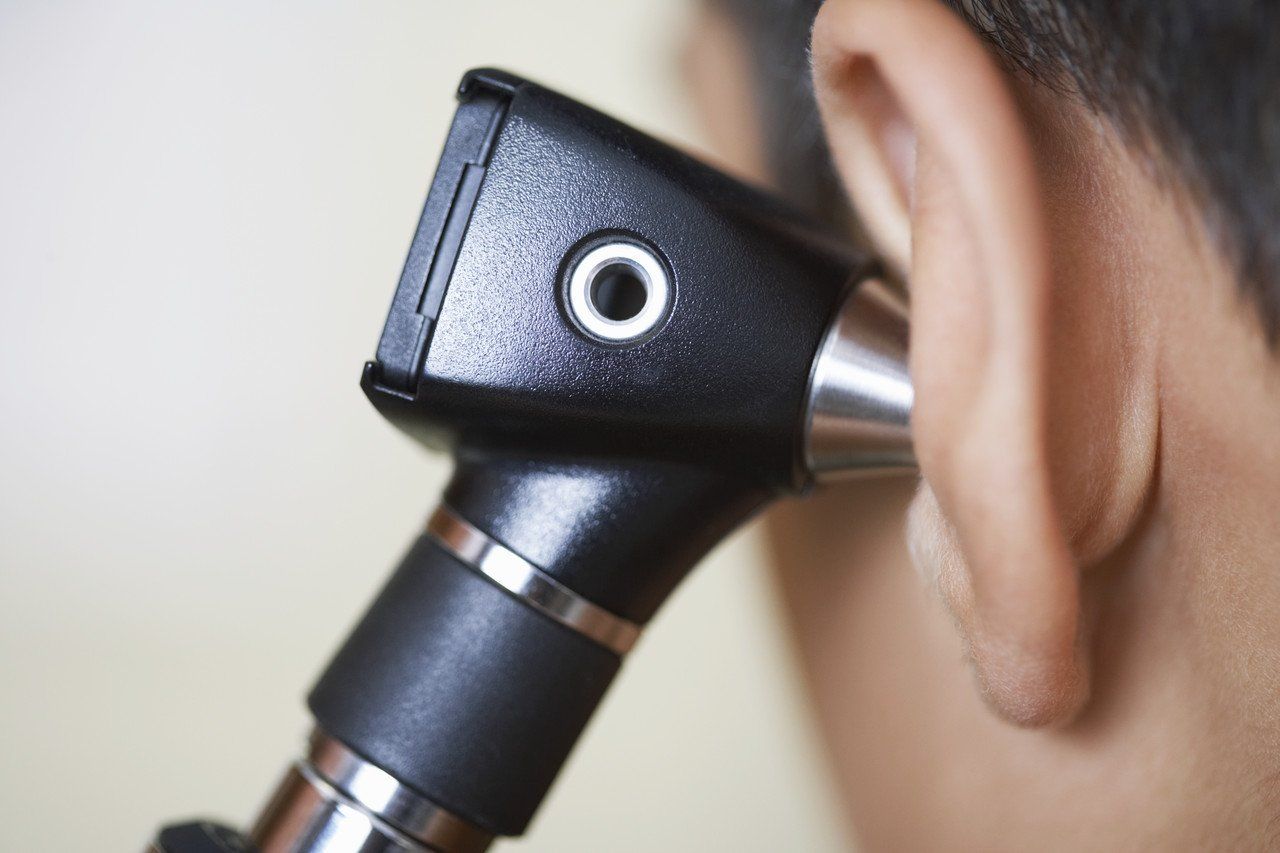What is an Health Savings Account?
A Health Savings Account (HSA) is a tax-advantaged savings account designed to help individuals with high-deductible health plans (HDHPs) save money for qualified medical expenses. HSAs offer a way to set aside pre-tax dollars to pay for healthcare costs, which can provide significant savings on medical expenses over time.
Key Features of an HSA
- Tax Benefits:
- Contributions are Tax-Deductible: Money contributed to an HSA is tax-deductible, lowering your taxable income.
- Tax-Free Withdrawals: Withdrawals for qualified medical expenses are tax-free, meaning you don't pay taxes on the money when it's used for healthcare costs.
- Tax-Free Growth: Any interest or investment earnings within the HSA grow tax-free, providing potential long-term growth.
- Qualified Medical Expenses: HSA funds can be used for a wide range of qualified medical expenses, such as doctor's visits, prescription medications, dental care, vision care, and more. The IRS provides a full list of eligible expenses.
- Portability: HSAs are individually owned, so they are portable. If you change jobs or retire, you can take your HSA with you.
- No "Use-It-Or-Lose-It" Rule: Unlike some other health savings accounts, HSAs do not have a "use-it-or-lose-it" rule. Any unused funds in your account roll over from year to year, allowing the account to grow over time.
- Contribution Limits: The IRS sets annual contribution limits for HSAs. For 2024, individuals can contribute up to $3,850, and families can contribute up to $7,750. There is also a "catch-up" contribution of $1,000 allowed for individuals aged 55 and older.
- Eligibility: To qualify for an HSA, you must be enrolled in a high-deductible health plan (HDHP). For 2024, an HDHP is defined as a plan with a minimum deductible of $1,600 for an individual or $3,200 for a family, and maximum out-of-pocket expenses of $8,050 for an individual or $16,100 for a family.
Advantages of an HSA
- Triple Tax Benefits: Contributions, withdrawals for qualified expenses, and investment growth are all tax-advantaged.
- Flexibility: Funds can be used for a broad range of medical expenses.
- Retirement Savings Tool: After age 65, you can use HSA funds for non-medical expenses without penalty (though you will pay regular income tax on those withdrawals).
- Long-Term Savings Potential: Unused funds roll over year after year, and can be invested to grow over time.
How to Use an HSA
- Open an HSA: Most banks, credit unions, and insurance companies offer HSAs. You can open one if you are enrolled in an HDHP.
- Contribute Funds: You can contribute directly or through payroll deductions if your employer offers this option.
- Use for Medical Expenses: Pay for qualified medical expenses directly from your HSA using a debit card, online payment, or reimbursement method.
- Keep Records: Maintain records of your medical expenses to prove that HSA withdrawals were used for qualified expenses.
Is an HSA Right for You?
HSAs are ideal for individuals or families who:
- Are enrolled in a high-deductible health plan (HDHP).
- Want to save on healthcare costs through tax advantages.
- Can afford to pay out-of-pocket costs until the deductible is met.
- Are looking for a flexible and long-term healthcare savings solution.
HSAs can provide significant savings and flexibility, but it's essential to understand the requirements and rules associated with them. If you're considering an HSA or want to learn more, contact Wilkes Agency today for personalized guidance on your health insurance and savings options!












